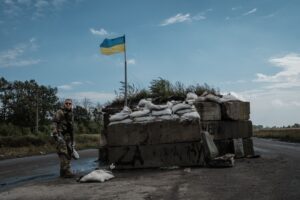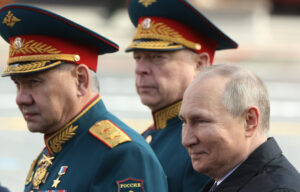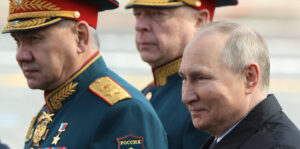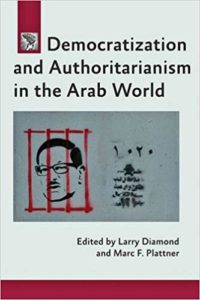
Why Ukraine Is Starting to Lose
Putin doesn’t care how many of his troops die. He is looking to win a war of attrition. On the second anniversary of Russia’s invasion, Ukraine needs the West’s help—and it needs it now.

Putin doesn’t care how many of his troops die. He is looking to win a war of attrition. On the second anniversary of Russia’s invasion, Ukraine needs the West’s help—and it needs it now.

The Russian autocrat forgot an age-old truth about working with common criminals and soldiers for hire.


January 2023, Volume 34, Issue 1
When Vladimir Putin launched a massive invasion of Ukraine, he expected an easy victory. Instead, the world has witnessed an object lesson in how a corrupt Russian regime crippled its own military power.
April 2021, Volume 32, Issue 2
The military could not bear Aung San Suu Kyi’s enduring popularity and her party’s continued success at the polls. But the generals may have miscalculated how much the people detest them.

January 2018, Volume 29, Issue 1
Despite high hopes for progress toward democracy, the military’s power remains stubbornly entrenched, while Aung San Suu Kyi seems to lack the skills to run the government effectively.
April 2015, Volume 26, Issue 2
Burma’s troubled transition is imperiled by the reluctance of the military to loosen its grip. What lessons can the Burmese learn from other East Asian countries that have emerged from military rule?
April 2013, Volume 24, Issue 2
A key factor in determining the success or failure of revolutions is how the national armed forces react. What are the keys to making accurate predictions about what the soldiers will do when the fate of a regime hangs in the balance?

October 2011, Volume 22, Issue 4
Across the Arab world, militaries have played a key role in determining whether revolts against dictatorship succeed or fail. What factors determine how and why “the guys with guns” line up the way they do?
April 2009, Volume 20, Issue 2
The North Atlantic Treaty Organization played a key role in safeguarding Western democracy during the Cold War. With that conflict over, NATO must continually adapt and evolve in a fast-changing world.
January 2004, Volume 15, Issue 1
One of the most important events in post-Cold War international affairs, NATO enlargement is even more of a democratic milestone for the countries of Eastern Europe than is the expansion of the EU.
April 2002, Volume 13, Issue 2
Last year, Bulgarians elected their newly returned former king as prime minister and then, in a shocking upset, ousted their incumbent president. What do these results portend for the future of Bulgarian democracy?
April 1999, Volume 10, Issue 2

The uprisings that swept the Arab world beginning in 2010 toppled four entrenched rulers and seemed to create a political opening in a region long impervious to democratization.
